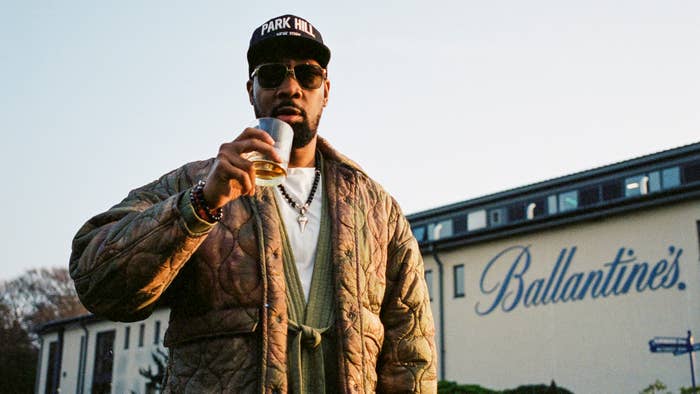
Perhaps more than any other genre, hip-hop and its creators have always been known for their entrepreneurial spirit. Even when physical music sales were at their height, RZA and Wu-Tang were exploring other avenues, leaning heavily into merchandise, video games, and, of course, Wu-Wear. Now that streaming has gutted the potential for music sales, the financial lessons learned are serving RZA and the Wu family very well.
Right from his earliest days, even before the Wu-Tang Clan, when he was a young MC earning his stripes in late ‘80s New York, RZA, aka Bobby Digital, aka Prince Rakeem, aka the Abbott, aka about two dozen other aliases, always seemed ahead of the curve in that respect.
When Wu-Tang Clan burst into Stretch and Bobbito’s NYC studio in 1992 and demanded the rap radio legends play “Protect Ya Neck”, they were the upstarts in hip-hop, a snapback against the family-friendly rap that was deemed more palatable and more marketable. “They weren’t being nice,” radio host Bobbito Garcia told NPR back in 2013. “They were definitely like, ‘Yo man, play this record, it’s dope. La la. Put that on right now son. La la.’ I listened to it, I previewed it about 15, 20 minutes later, and I was like, 'Oh, wow, this record is incredible.’ So I played it [and] gave the record to Stretch.”
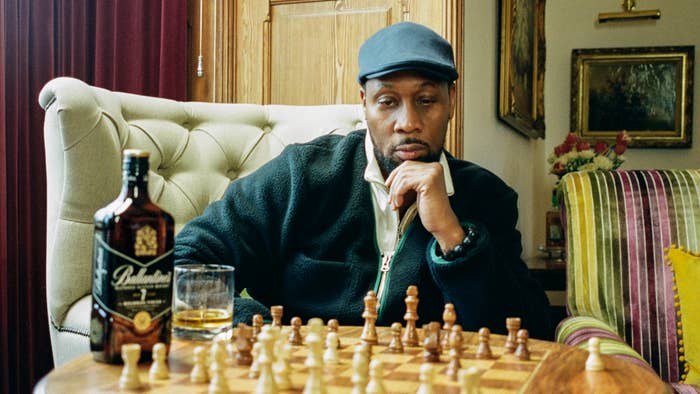
The effect of that first track, their introduction to New York City at large and, by extension, the wider world (as a unit, that is; RZA, GZA, ODB, and Raekwon had been individually making their names locally since the late ‘80s) was instant and seismic. The song was requested, as the iconic sample goes “again and again”, and Wu-Tang became infamous as the young rebels shaking up NYC hip-hop. Despite the raucous energy seen from the outside, RZA had a meticulously laid-out five-year plan in place. Their image and their story were kept under lock and key—a much less challenging task in those days, of course. “On the first album, 36 Chambers,” he explains, “we say ‘It’s our secret. We never teach the Wu-Tang.’”
But that was 30 years ago. RZA and the Wu-Tang Clan are now, and have been for some time, veterans. A lot has changed in the world of rap, in terms of sound, in terms of style, and in terms of business. The same can be said of Wu-Tang, the story of which has been told and retold many times in interviews, documentaries, podcasts, and even a dramatised TV series, Wu-Tang: An American Saga. The danger now, however, is that the story gets away from them, something RZA has been wary of from the start.
“I had a five-year plan and we kept that [secrecy] for that five-year period,” he tells me over tea in one of the outlandishly lavish rooms at Rothes Glen, nestled in the Aberdeenshire countryside near the Ballantine’s distillery in Speyside (RZA’s latest venture is a collab with the Scottish whisky brand to celebrate self-expression). “When the five years came to an end, I kind of loosened up on that idea. But I think that you reach a certain age and you realise that if the story is not told by you, it’ll be told by somebody else, and it will be even less pure than the way you can tell it. Even as we tell the story, it’s not as pure as it was while we was living it. What I mean by that is that everybody has a perspective. And that’s the most important thing I think I’ve learned, even for myself as I watch Of Mics And Men. But I would say that we honestly feel that it’s time for our story to be told so it can inspire the next generation. They could see some of the pitfalls, see some of the rises. They know the success, but how did we get there? It’s good to see that journey.”
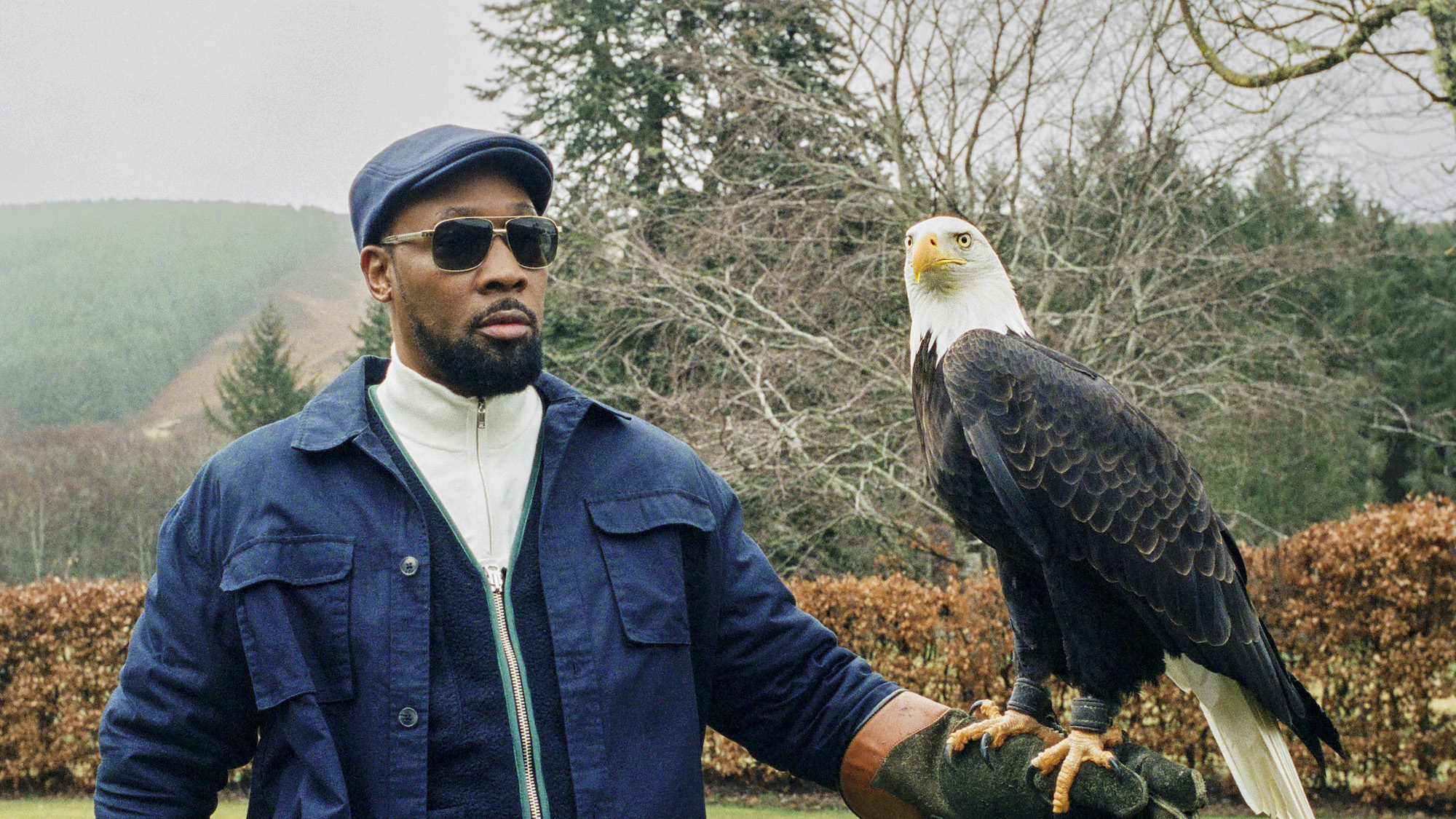
The thing with an entity like Wu-Tang—with its expansive membership plus various affiliates and associates—is that all those voices bring a multitude of perspectives and not everyone is there to witness every event firsthand. Inevitably, and as we all know, Wu-Tang wasn’t immune from that peace and even when sitting down to create the Of Mics And Men documentary, not everyone’s stories lined up. “There are moments that I totally disagree with,” he tells me, firmly. “I had the producing power to take it out and I didn’t. Everybody’s story had to be heard. I’m not a judge, but a judge sits on that bench and he lets everybody tell their story, and then the people decide. Not the judge. The judge doesn’t decide. The people decide. That’s how I felt when I watched it.”
Admirably, that also includes more painful chapters in the Wu-Tang story, like the phone call between RZA, his brother and former manager Divine, and their cousin, ODB, who had recently been released from prison and was struggling (psychologically and financially) and looking to be released from his contract. The documentary only captures ODB’s side of the call, RZA explains. “You couldn’t hear what was happening on the other side of the conversation, but I know what was happening on the other side of the conversation.” But as keen as he is to make clear instances where he was misunderstood, he readily admits there were times that he didn’t know the full story: “I’ve learned that some of my brothers were in certain pains that I wasn’t aware of. If Ghost hadn’t got on and said he was depressed, I never would have known that. Such a powerful, strong man like him. I mean, a guy that could beat 10 motherfuckers up. Ghost is no joke, but he was so vulnerable and had so much weight on his shoulder.”
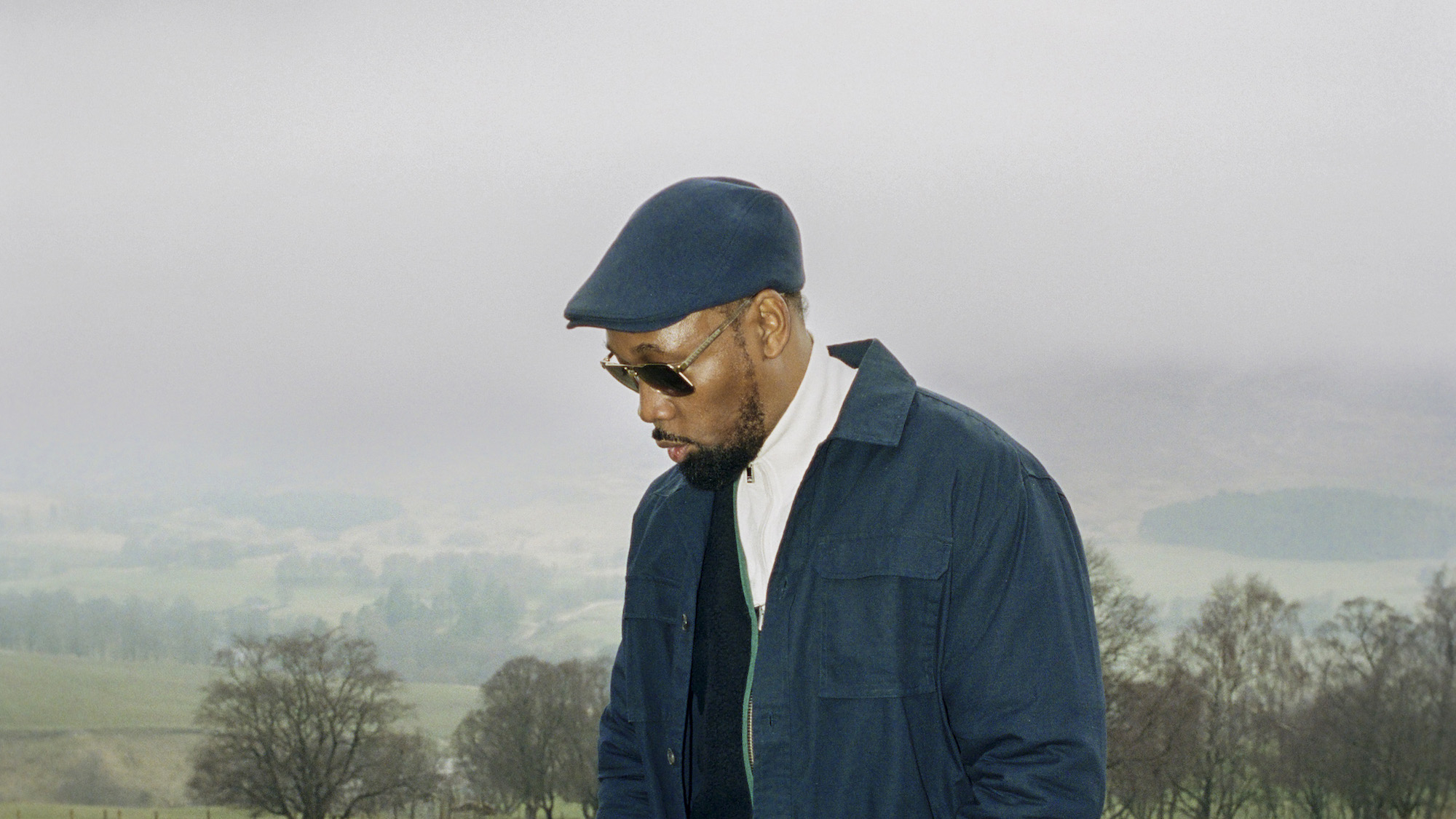
As much as this chapter is about making sure Wu-Tang’s history is recorded honestly, RZA still keeps his gaze firmly locked on the future. It was only last year that we got a new Bobby Digital album but he tells me that Mathematics, a Wu-Tang affiliate since day one and producer of The Saga Continues, is already piecing together the beginnings of a follow-up: “There’s not a lot of music but there’s some music that’s in the oven. I’ve heard a few of the songs and also I participated in some of the songs and it sounds cool, so if he does a part two that would be great.”
As RZA looks forward, he’s under no illusion about exactly where he is in his own narrative arc. At 54 years old, he knows he’s not the young rebel anymore and he’s long since made peace with that. In fact, he laughs a little when I suggest that might be something to feel reticent about. “When something is pure, it’s going to always be what it is,” he says. It’s gold; it’s not going to tarnish.” If anything, he can relax now and enjoy the comfort this level of success has earned him. It’s what has earned him the right to pick and choose the projects he gets involved with—whether that’s a record he wants to make or a brand he wants to collaborate with.
RZA and Ballantine’s Whisky might not seem like the most obvious pairing, but it’s pretty clear from the outset that he agreed to this purely for his own enjoyment. “It's basically a three-way partnership between three good people: myself, High Snobiety and Ballantine's,” he explains. “The idea of it being such a classic brand with a great history, the idea of it being something that kind of represents a culture, that it has its own unique thing, that was the first thing that attracted to me this. And then there’s a slogan that they have that, to me, is very similar to my slogan. So if you know anything about Wu-Tang, we always say: keep it real. Well, the Ballantine’s slogan is Stay True. It was those ideas that resonated with me, so here I am, representing.”
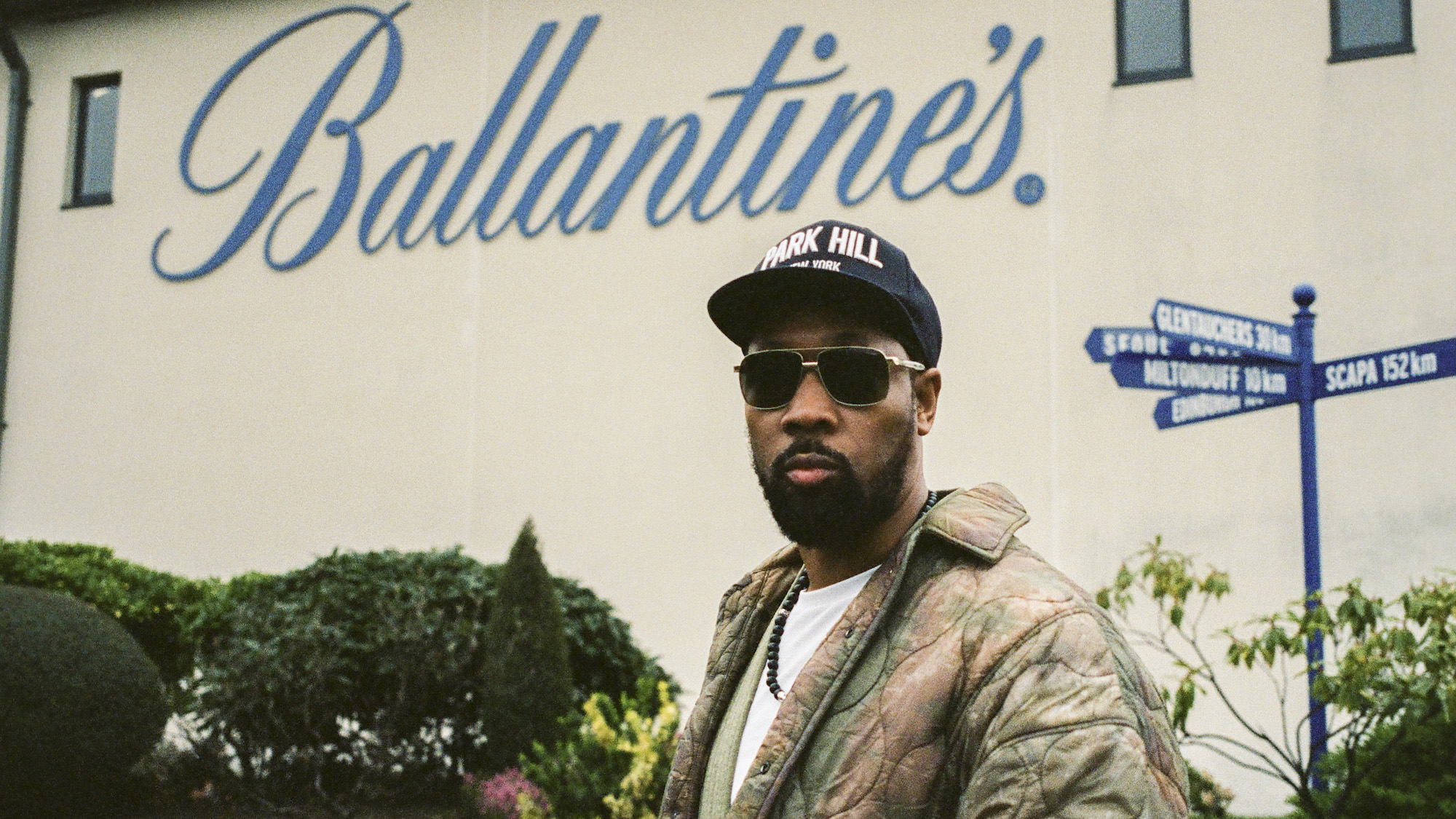
The day before our conversation, RZA tells me he was taking on a blending course at the distillery. He jokes that comparing the blending process of whisky to sampling or mixing is clumsy but the only throughline available. “In all reality, there are transferable skills,” he laughs. “When you blend whisky, you’re taking various flavours or various casks from various regions, even various distilleries of various brands. And then mixing that together to concoct your own... Hip-hop is very similar in its nature, especially in my style, which was taking a sound from here or a sound from there, whether it was a soul sample or classical sample, with a rock sample and a punk-rock sample—whatever. All these different vibes as an artist, we would search for it and put them together to make our new concoction.
“So there’s definitely a common denominator in that concept. I love to learn new things and so I found the whole experience very educational. As a whisky drinker in America, you might have a friend who says they like single malt or blended, but I never really knew what that meant. And even when I thought I knew, I thought blended meant blended malts. But no, it actually doesn’t mean that. It’s actually, after everything is distilled, you blend that distillation. So I had a fun time making my own little concoction yesterday, even though one of the Ballantine’s experts said I might have put a little too much smoke in it, but I like smokiness.”
As awkward as that segue might have been, it leads pretty neatly back into a subject that’s been contentious here in UK rap for a few years now, perhaps even more in drill: sampling. Although the backlash against copy-and-pasting hooks wholesale seems to have cut down the number of really egregious offenders, deciding where the line is remains a pointed conversation. Like much of UK rap’s life cycle and trajectory, the sampling debate is one that raged Stateside back in the ‘90s. Bad Boy Records had a few accusations thrown their way (to date, it’s estimated Sting has made nearly $47.5 million from Diddy’s unpermitted use of “Every Breathe You Take”), but these things have a habit of working themselves out—even if opinions still differ on best practice.
“My opinion,” RZA posits, “is there is no right or wrong way, right? It depends on the songs you’re creating. Now, some people dig into the crates looking for that perfect song or the perfect hook that’s going to make them famous. Some people even look on charts and be like, that was a hit in the ‘70s, it’s going to be a hit now. Then some people just look for the most obscure, unknown sounds or unknown loops. And then myself, personally, to be really honest, I think my sampling was more that I didn’t have a band to play the ideas and the vibes that was in my head.
“So because of that, I have to look for a certain bass or a certain horn or certain string or certain piano, and I would have to make that work into a new sound. Now, I’ve also taken in some recognisable loops, but even when I did that, I looped them and added some drums and sounds on top of it. But even then, it had to fit the vibe of what my creative taste and creative mind was at. And there’s one other thing about hip-hop that I think no matter what style you use, it makes you a unique individual as a hip-hop musician: your ear. The ear of a hip-hop artist or DJ is very powerful and trained very differently or has a different sense than the average ear. Whether he’s producing or he’s DJing on a spot, he’s going to play the vibe that’s going to entertain you.”
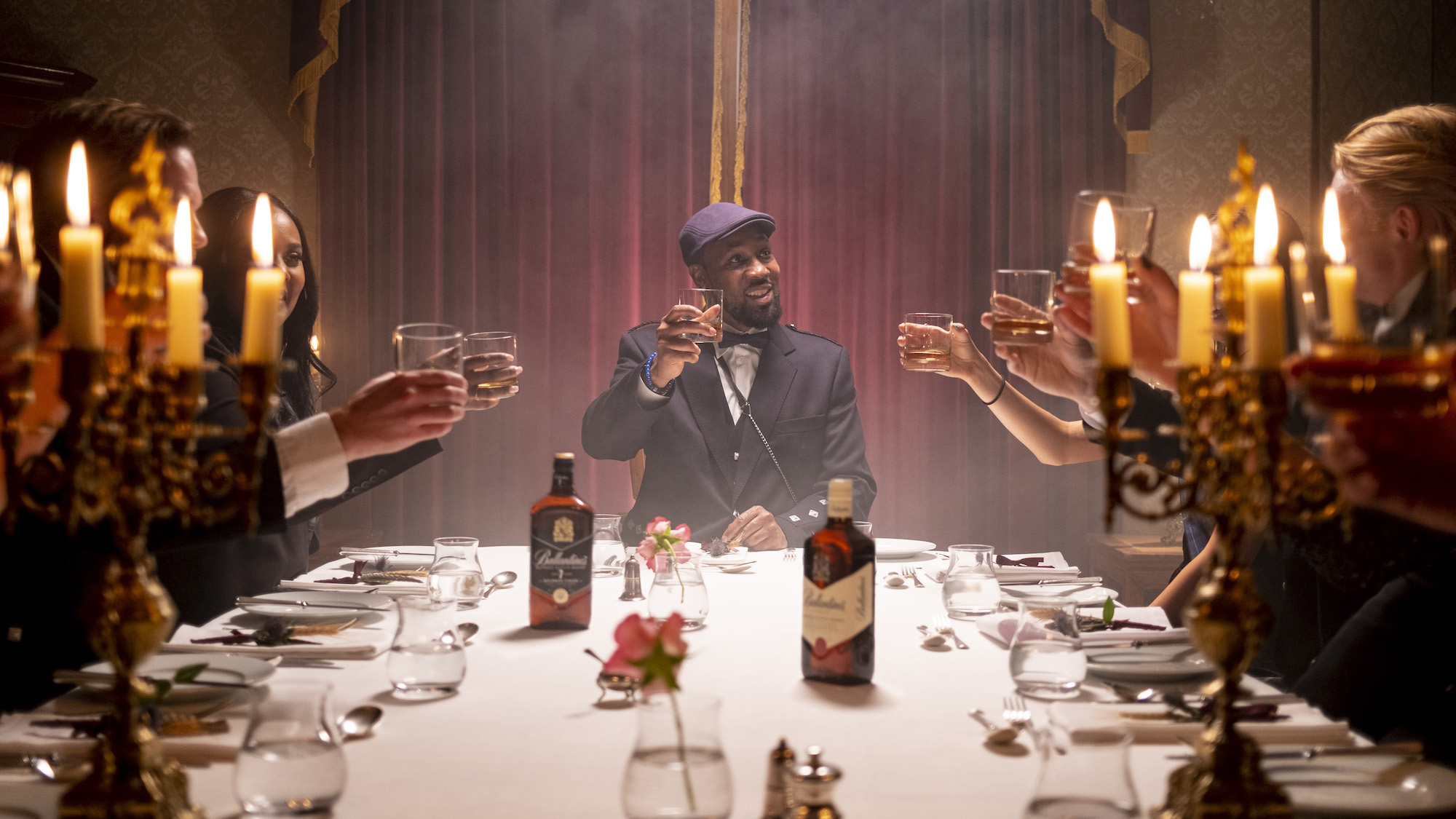
As he expounds on the nuances of how best to sample, where the inventiveness lies, there’s as much enthusiasm in RZA’s voice now as there was in those old grainy clips from the early ‘90s. Whether he’s talking about his theories on supreme mathematics, Islam, practice, sampling, or the minutae of blending whisky, RZA can say one thing with absolute certainty: he’s having as much fun now as he ever has. Possibly even more so.

